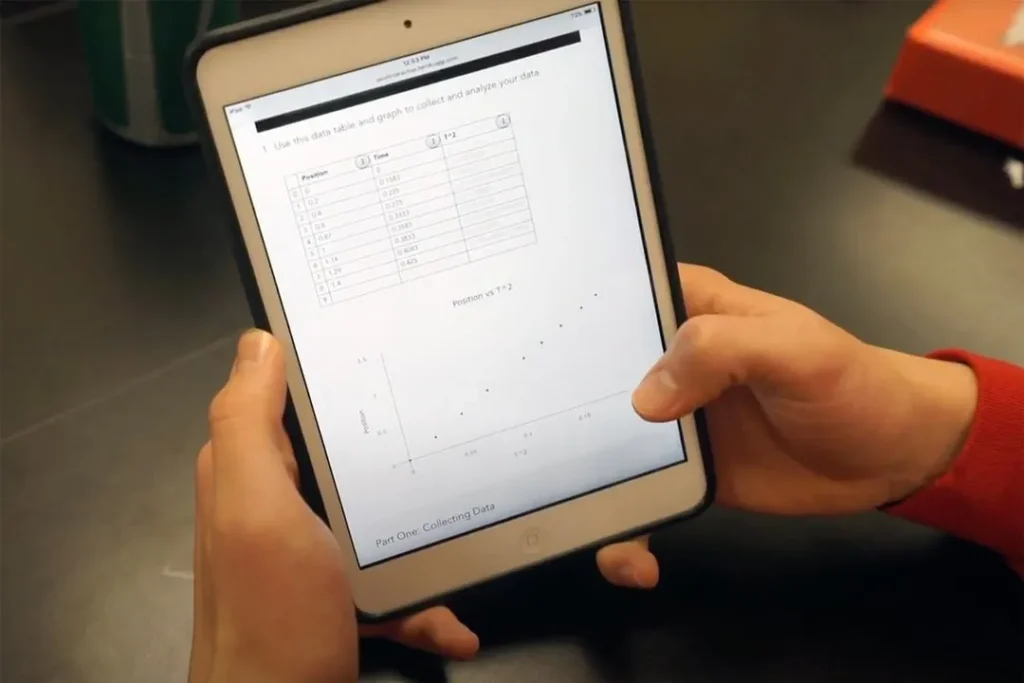Grounded in Research
Through three different research studies, we found that Pivot Interactives interactive video is highly effective in student learning!
This is what propelled us to build Pivot Interactives into what it is today, so more science teachers could bring active, phenomena-based science to their students.

Based in science education research, leveraging revolutionary technology.
Under controlled conditions, students used Pivot Interactives interactive video showed significantly greater learning gains on science process critical thinking skills.
Pivot Interactives Efficacy
Learning Gains in Critical Thinking
A year-long study using 160 university students and four instructors showed that students who use interactive video used in Pivot Interactives increased their ability to construct models (Model Making) compared with students who did not. Similarly, students who used Pivot Interactives instructional methods showed an increased ability to evaluate whether a known model adequately describes a new situation, a skill the authors called Model Breaking.
Teaching students to construct models that describe natural phenomena is a key part of science literacy and is critical for science education approaches like Next Generation Science Standards and Advanced Placement.
Significant Findings
– Students who used Pivot Interactives outperformed the control group by over 20% on the end-of-semester assessment of Model Making, key to scientific literacy.
– Students who used Pivot Interactives outperformed in the control group by 400% on the end-of-semester assessment of Model Breaking, key to scientific literacy.
Student Confidence and Enjoyment
Science education researchers at MIT and Carleton College measured students’ experience using Pivot Interactives’ supplemental interactive video compared to traditional learning methods. They found that students felt more confident and could better understand scenarios with Pivot Interactives interactive video.
– 85% reported that Pivot Interactives’ phenomena-based interactive video made it easier to understand the scenario being investigated.
– 92% said they would encourage their friends to take courses that use our interactive video.
– 60% reported an increase in using scientific skills like measurement technique when using our interactive video.
– Students reported feeling more confident using interactive video because they see and measure the outcomes of events for themselves.
Significant Findings
Teachers using Pivot Interactives report similar experiences. Students prefer phenomena-based, active investigation using Pivot Interactives compared to learning via lecture or word problems.
Further Resources
The peer-reviewed paper was published in the journal Physical Review Physics Education Research. Read Developing model-making and model-breaking skills using direct measurement video-based activities here.